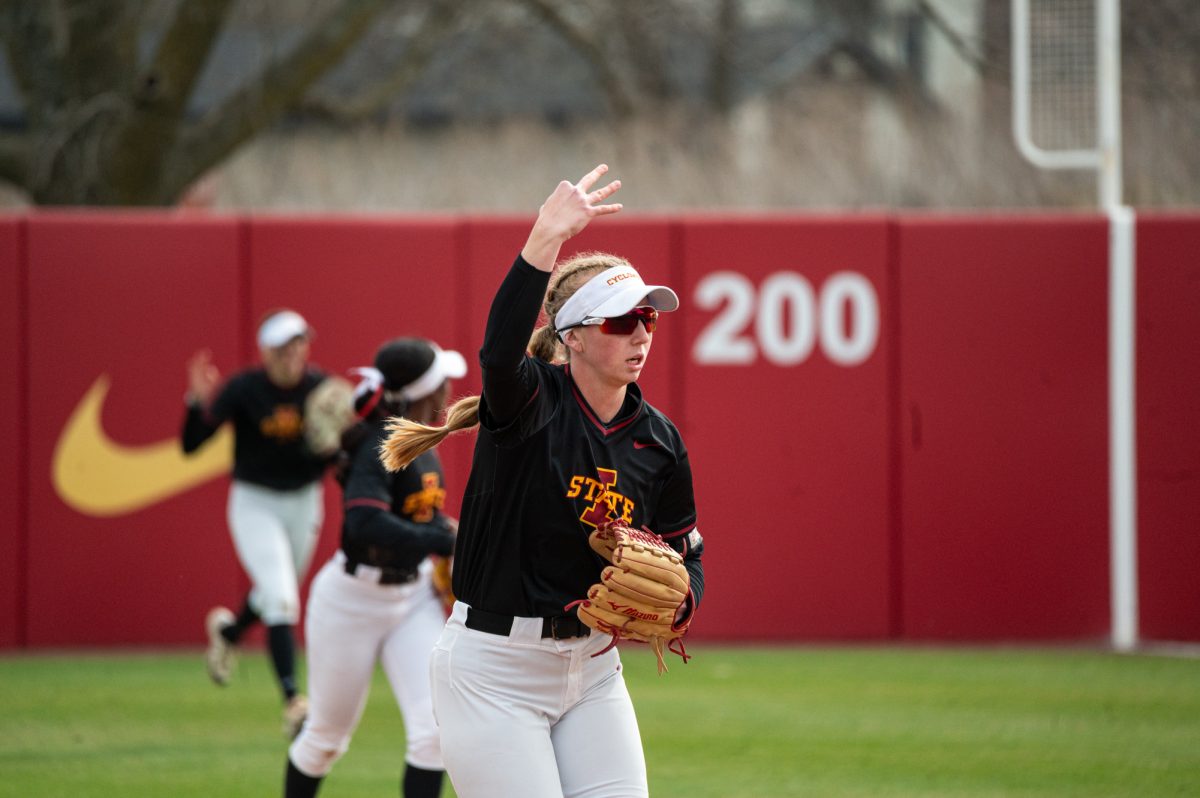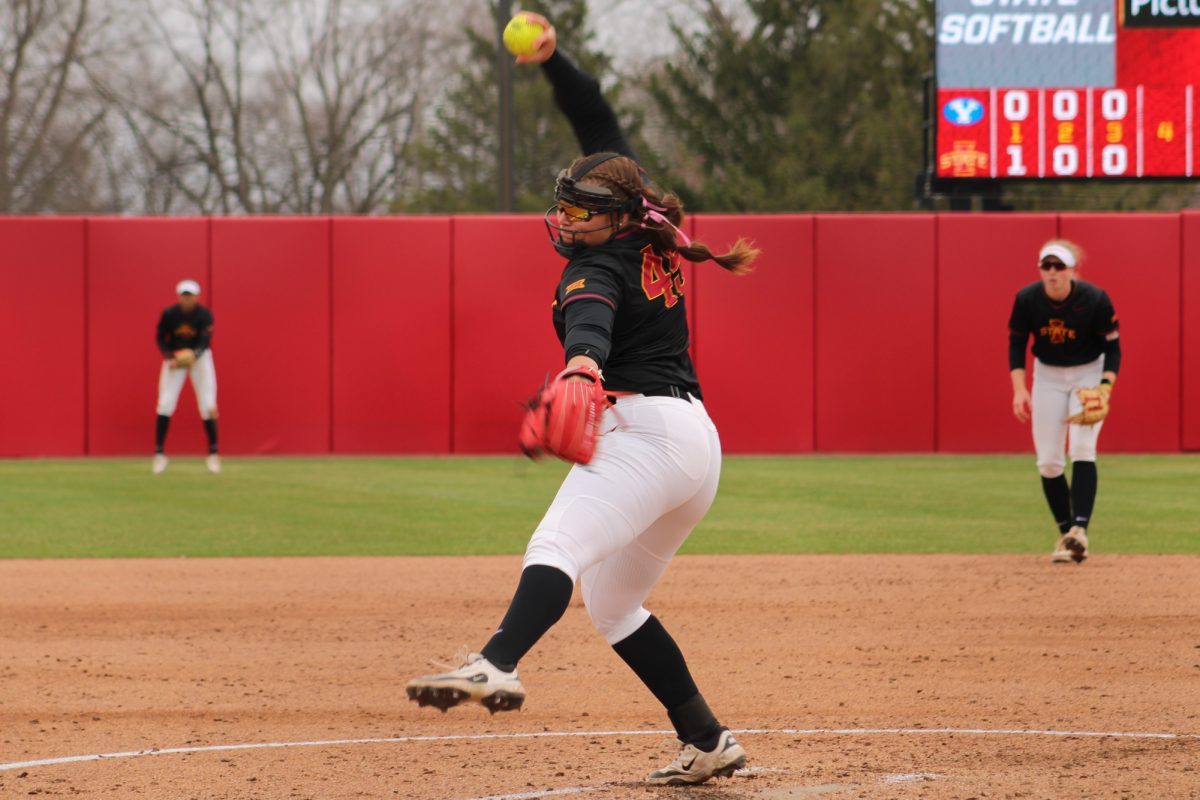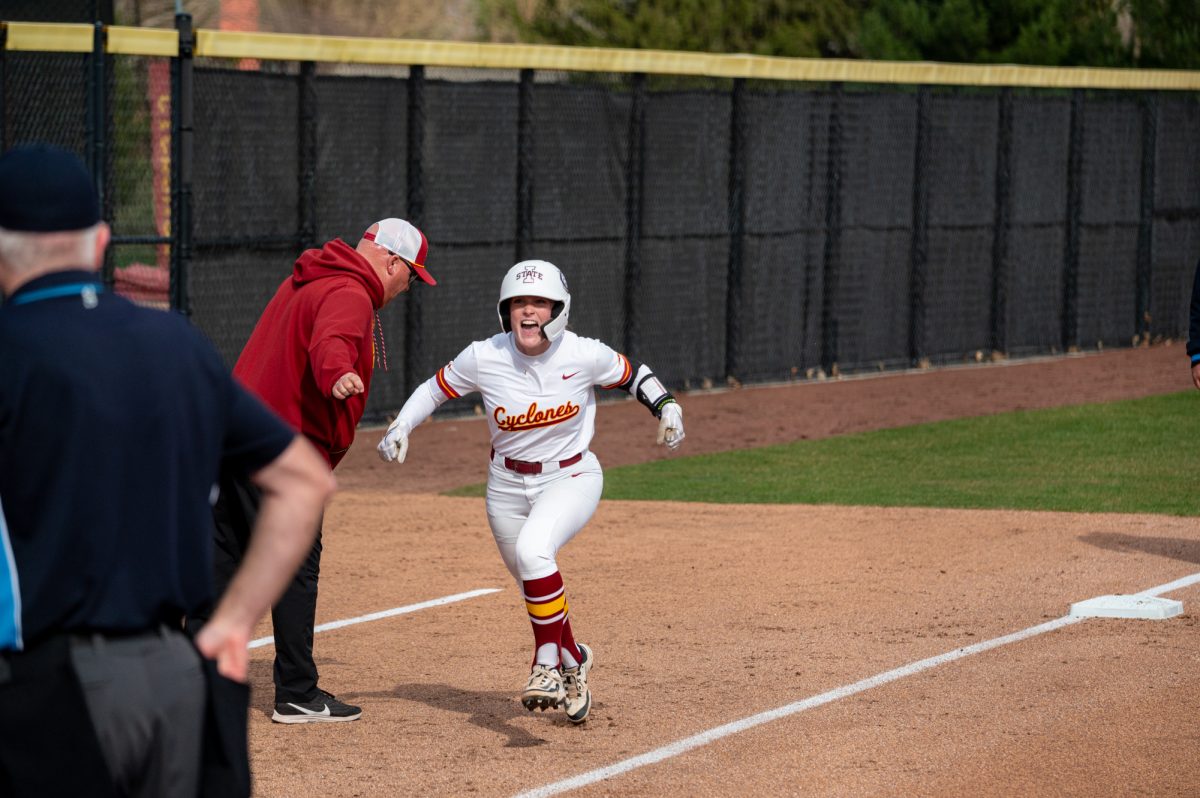Views on Iraq unchanged after year of war, fighting
March 12, 2004
One year ago next Friday, the United States launched a major military operation against Iraq. The ISU campus was polarized into groups of supporters and protesters.
A year later, little has changed in Ames.
While some reasons for supporting and protesting the war in Iraq have changed, several key players’ views haven’t.
Basil Mahayni, member of Time For Peace and senior in political science, said his group’s message hasn’t changed in the last year, although the general public has caught up with what he and others believed about the war in Iraq all along, specifically regarding weapons of mass destruction.
“[We weren’t surprised] when information came out there were no WMDs,” he said. “That has been our stance all along.”
He said President Bush’s poor diplomacy has eroded other countries’ support for America, since the current administration “never made an attempt to create an international community,” he said.
Zogby opinion polls about the war in Iraq showed a majority of Americans approved when the United States entered a year ago.
However, the level of approval slowly began to slip as American casualties mounted. Polls hit their lowest point in November when many Democratic presidential candidates used the Iraq conflict as ammunition against Bush.
Then, Saddam Hussein was captured.
Support for the war increased sharply after the dictator’s capture. But Mahayni said the dictator’s arrest didn’t stop soldier casualties.
“Saddam’s capture hasn’t made Iraq any safer because when he was apprehended, he didn’t have much control,” he said. “The killings and murders have still continued since his capture.”
Those who now oppose the war in Iraq said weapons of mass destruction were their biggest reason. Richard Mansbach, professor of political science, said one year ago there was a perfectly good reason to go to war, but since then the reason has disappeared.
“After Saddam’s regime was overthrown, we thought we won a war and escaped his threat to American national security,” he said. “We found a number of things were very different.”
Some students who supported the war from the beginning still believe it was a good idea. However, they aren’t as confident in the war as they were a year ago.
Josh Reicks, president of the ISU Republicans and senior in political science, said the American government was justified in entering Iraq for the sake of liberating the people, but not for the sake of installing a democracy.
“Was the war in Iraq worth it? If you say the purpose of the war was to liberate Iraq, then yes,” Reicks said. “However, if the purpose of the war was to eliminate Saddam’s threat to the U.S. and install a democracy, it’s another thing.”






